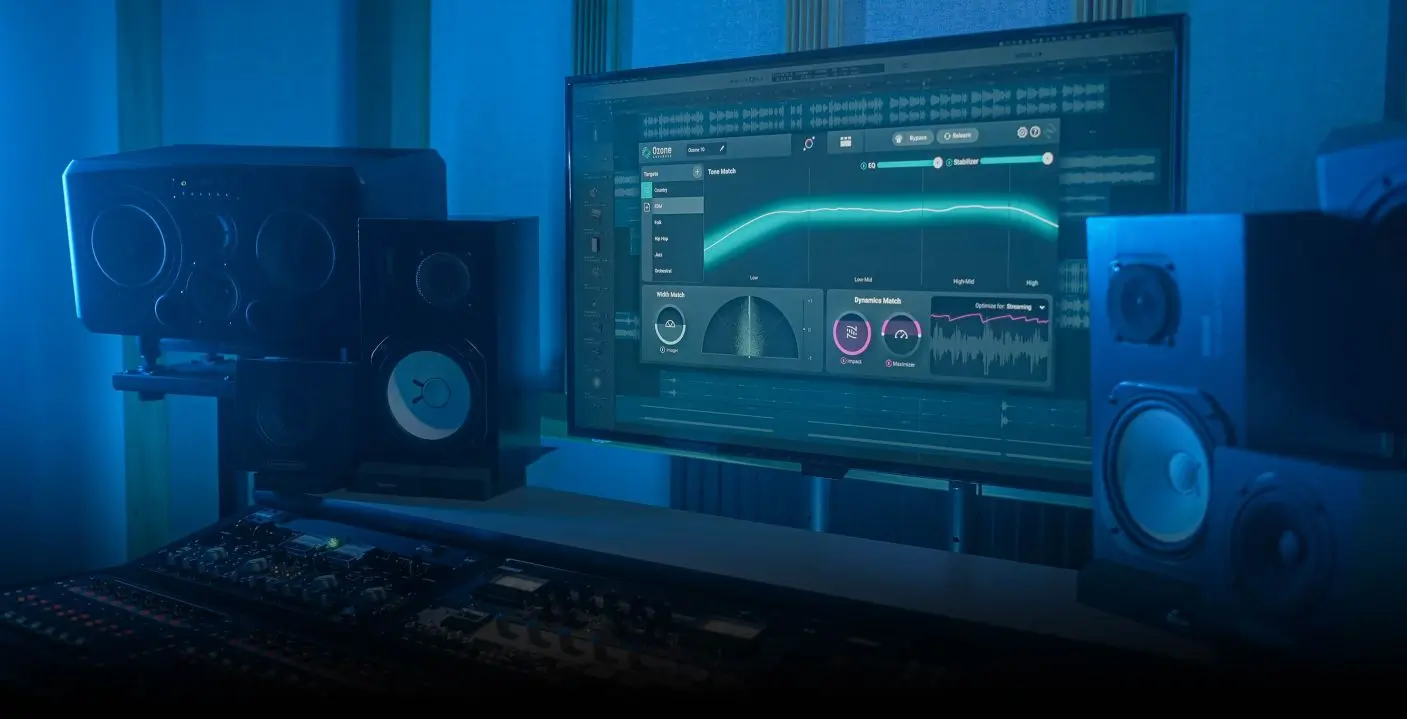In the music production process, there’s a crucial step that often gets overshadowed by the more glamorous aspects of music creation. That step is mastering, and it plays a pivotal role in ensuring that your music not only sounds good but truly shines. In this blog post, we’ll explore why mastering is an essential part of the music production process and why bands and musicians are better off having their music professionally mastered.
1. Sonic Perfection
Mastering is the final frontier in the quest for sonic perfection. It takes a well-mixed track and elevates it to a level of excellence that sets it apart from the rest. A professional mastering engineer uses specialized equipment and software to fine-tune the audio, balancing and enhancing the various elements to create a cohesive and polished sound.
This process ensures that the music sounds clear, balanced, and consistent across different playback systems, from high-end studio speakers to earbuds. It’s the mastering engineer’s expertise that ensures your music sounds its best, regardless of how and where it’s heard.
2. Loudness and Dynamics
Mastering also addresses the critical aspects of loudness and dynamics. A professional mastering engineer can optimize the volume of your music to compete in the modern music landscape. They carefully adjust the dynamics, making sure that your music is neither too quiet nor over-compressed, thus preserving the emotional impact of the song.
Balanced dynamics are essential in delivering a listening experience that keeps the audience engaged and connected to the music. Mastering engineers have the skills and tools to strike the right balance, making your music stand out without fatiguing the listener’s ears.
3. Consistency Across Tracks
For an album or an EP, maintaining consistency in sound across all the tracks is crucial. A mastering engineer ensures that the tonal quality, volume levels, and overall sonic characteristics remain consistent throughout the entire project. This cohesiveness enhances the listening experience and makes your collection of songs feel like a unified body of work.
4. Correcting Imperfections
During mastering, any minor imperfections or issues that might have been missed during the mixing stage can be corrected. This includes addressing clicks, pops, unwanted noise, and tonal imbalances. A professional mastering engineer has the technical skills and critical listening ability to detect and fix these issues, ensuring your music is free from distractions that could detract from the listener’s enjoyment.
5. Preparation for Distribution
In today’s digital music landscape, mastering is also critical for preparing your music for distribution. Whether you’re releasing your tracks on streaming platforms, CDs, or vinyl, each format has specific requirements. A mastering engineer is well-versed in these technical specifications and can format your music to meet the standards of your chosen distribution method. This attention to detail is essential to ensure your music is delivered to your audience in the best possible quality.
Conclusion
While mastering may seem like the final, subtle touch in the music production process, its impact is undeniable. A professionally mastered track not only sounds better but also competes in the competitive world of music. It’s the mastering engineer’s expertise that brings out the full potential of your music, ensuring that it captivates and engages listeners on a profound level.
Just as mixing engineers provide a fresh perspective and technical finesse during the mixing stage, mastering engineers add the finishing polish that transforms your music into a sonic masterpiece. Bands and musicians seeking to make their music stand out and resonate with a wider audience should recognize the invaluable role of professional mastering in achieving sonic excellence.




